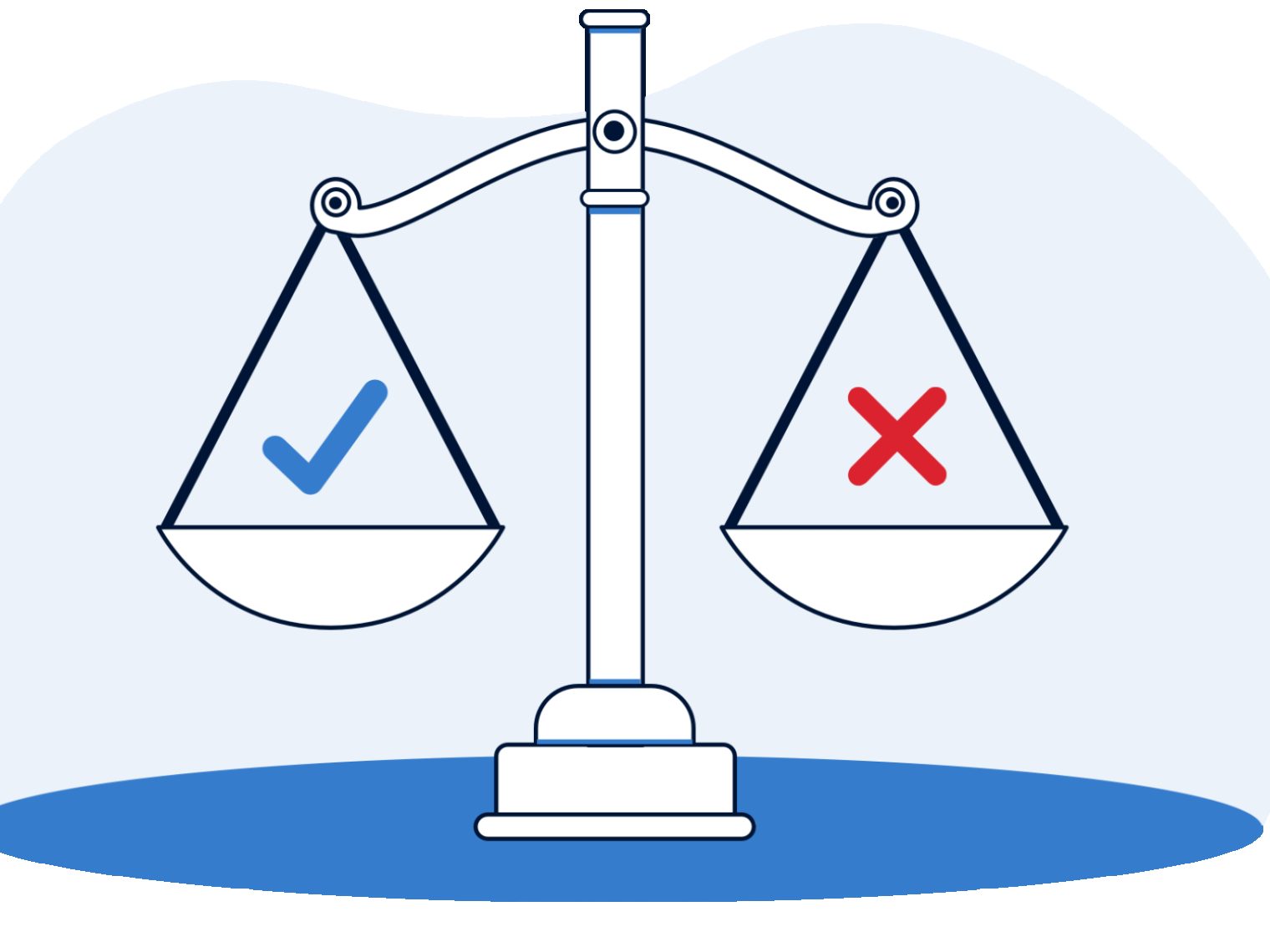Getting a VA home loan begins with meeting the military service requirements.
Being eligible for a VA loan doesn't mean you'll get one. But you can't get one without being eligible.
Make sense?
Here's the longer version, just in case it doesn't: Active military and veterans have to meet certain requirements set forth by the VA in order to participate in the loan program. But the VA itself isn't in the mortgage business; it basically insures the loans made by private financial institutions. And those lenders are going to have their own requirements on top of what the VA says is necessary.
That's why VA loan eligibility isn't a guarantee; it's a starting point. Qualified veterans must still satisfy a mortgage lender when it comes to things like credit score, stable employment and income and other key financial factors. Still, the first stage of the journey toward homeownership is determining whether you meet the VA's service requirements, and the best time to get the ball rolling on your VA loan is today.
Let's take a look at those now.
Military Service Requirements
Generally, if you can answer YES
to one of the following questions you have VA loan entitlement, which means you're eligible to participate in the home loan program:
- Did you serve at least 90 consecutive days active duty during wartime?
- Did you serve at least 181 consecutive days on active duty during peacetime?
- Did you serve at least six years in the National Guard or Reserves?
- Are you the surviving spouse of a military member who died in the line of duty or of a service-connected disability?
Those questions represent the four major benchmarks of VA loan eligibility. But there are some gray areas here. Service members could be eligible for a VA loan after just a single day of service in some unique cases (often involving a medical issue). On the flip side, those who meet the requirements but have an other than honorable discharge will likely need their eligibility status reviewed by VA officials.
That's why, at the end of the day, the only way to be sure of your eligibility is to obtain your Certificate of Eligibility. This is a formal document from the VA that details what VA loan entitlement you have. There are multiple ways to approach getting your COE, but it's important to know that you don't actually need one to start the home loan process.
Getting Your Certificate of Eligibility
That might sound strange, but it's true: VA lenders will often get your COE for you a bit later in the process, after they've already taken some preliminary steps toward getting you preapproved for a home loan. Lenders have access to the Automated Certificate of Eligibility (ACE) system, which allows them to grab your COE in minutes.
If you'd rather have yours in hand before getting started, you can often obtain it online through the VA's portal. And if snail mail is more your style, you can file an old-fashioned VA Form 26-1880, better known as a Request for Certificate of Eligibility.
Where to Start
For those who are pretty confident of their eligibility, one of the most common first questions is, "Where do I start?" There are a couple different places, and I'm obviously biased here, but I typically tell people it often makes the most sense to start with a lender rather than a real estate agent. That way you'll have a sense of your purchasing power -- and your limits -- when it's time to hit the streets and start house shopping.
You can talk to a Veterans United VA Loan Expert about your eligibility situation and what might be possible at 855-870-8845.
You can also check out our comprehensive VA home loan guide for more information on the eligibility and the overall homebuying process.
Related Posts
-
 VA Renovation Loans for Home ImprovementVA rehab and renovation loans are the VA's answer to an aging housing market in the United States. Here we dive into this unique loan type and the potential downsides accompanying them.
VA Renovation Loans for Home ImprovementVA rehab and renovation loans are the VA's answer to an aging housing market in the United States. Here we dive into this unique loan type and the potential downsides accompanying them. -
 Pros and Cons of VA LoansAs with any mortgage option, VA loans have pros and cons that you should be aware of before making a final decision. So let's take a closer look.
Pros and Cons of VA LoansAs with any mortgage option, VA loans have pros and cons that you should be aware of before making a final decision. So let's take a closer look.

